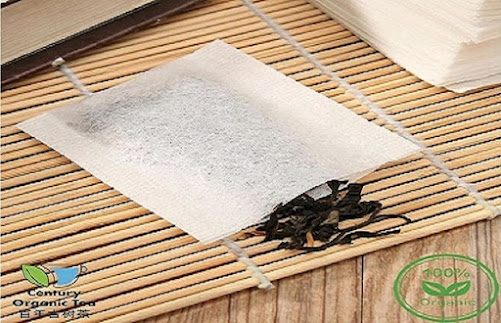Steeping Wellness: Unraveling the Connection Between Tea and Cholesterol Management
In a world where
maintaining optimal health is a priority, finding natural remedies to combat
common health issues is gaining increasing attention. One such concern that
many individuals face is high cholesterol levels, which can contribute to
various cardiovascular problems. Surprisingly, one remedy that has been gaining
recognition for its potential in lowering bad cholesterol is tea. Let's explore
the connection between tea and cholesterol and how incorporating certain types
of tea into your daily routine may contribute to better heart health.
Tea and Cholesterol:
Tea, a beverage enjoyed
worldwide for centuries, has been linked to numerous health benefits. Recent
studies suggest that certain types of tea to lower bad
cholesterol levels, also known as low-density lipoprotein (LDL)
cholesterol. One key component found in tea that contributes to this effect is
the presence of antioxidants.
.jpg) |
| Tea to lower bad cholesterol |
Antioxidants, such as
catechins and flavonoids, are abundant in tea and are known for their ability
to combat oxidative stress in the body. Oxidative stress can contribute to the
build-up of cholesterol in the arteries, leading to heart-related issues. Tea's
antioxidants help neutralize free radicals, potentially preventing cholesterol
oxidation and reducing the risk of plaque formation.
Types of Tea to Consider:
Green Tea:
Green tea is celebrated
for its high concentration of catechins, particularly epigallocatechin gallate
(EGCG). Studies have suggested that EGCG may contribute to lowering LDL
cholesterol levels, making green tea a valuable addition to a heart-healthy lifestyle.
Black Tea:
Black tea, rich in
flavonoids, has also shown promise in promoting cardiovascular health. Regular
consumption of black tea has been associated with improvements in cholesterol
profiles, potentially reducing the risk of heart disease.
Oolong Tea:
Falling between green and
black tea in terms of oxidation, oolong tea offers a unique combination of
beneficial compounds. Some studies indicate that oolong tea may help lower
cholesterol levels and improve overall heart health.
.jpg) |
| Tea to lower bad cholesterol |
Incorporating Tea into Your Routine:
To harness the potential tea to lower bad
cholesterol, consider making it a regular part of your daily routine.
Aim for at least one to three cups of green, black, or oolong tea per day. It's
important to note that the effects may vary from person to person, and tea
should be complemented by a well-balanced diet and a healthy lifestyle.
Tea, with its rich
history and diverse flavors, may offer more than just a delightful beverage
experience. The antioxidants present in certain types of tea have shown promise
in contributing to lower bad cholesterol levels. By embracing the daily ritual of
sipping on a cup of green, black, or oolong tea, you may be taking a small yet
significant step toward enhancing your heart health naturally. As with any
dietary change, it's advisable to consult with a healthcare professional to
determine the most suitable approach for your individual health needs.



Comments
Post a Comment